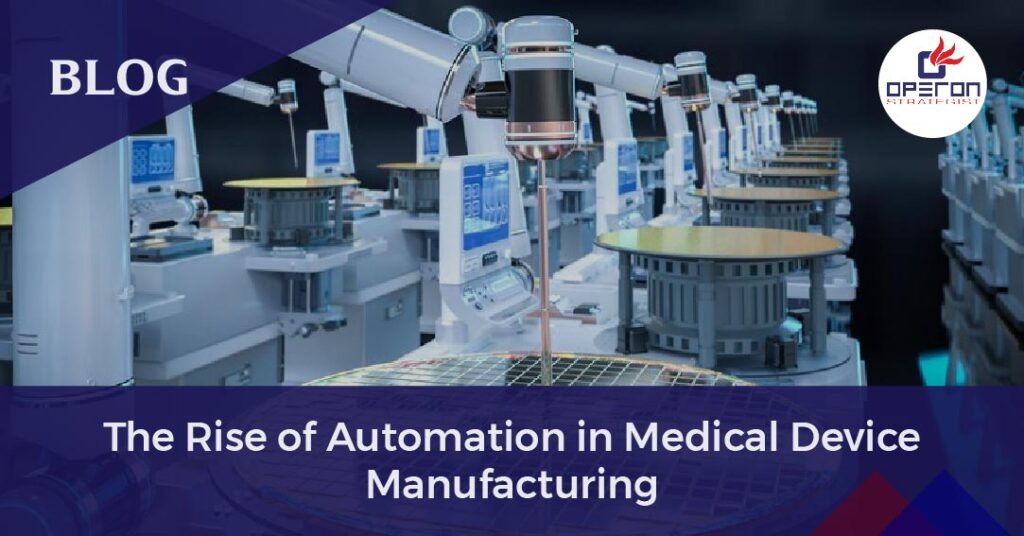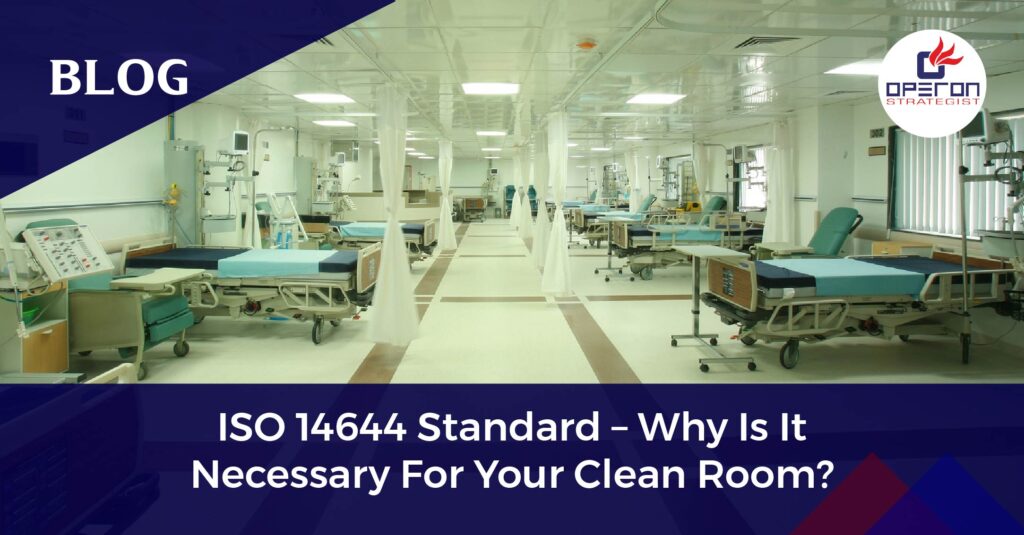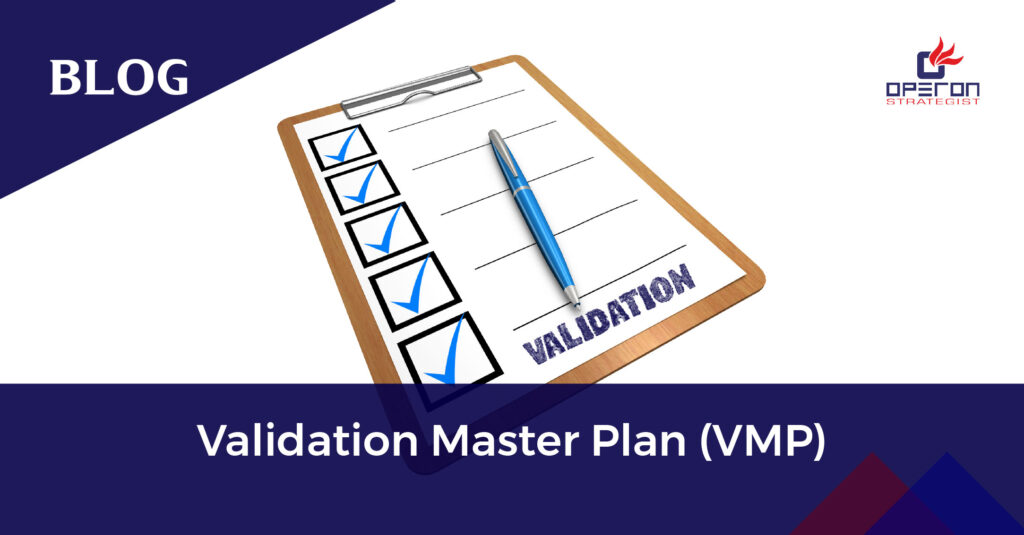Automation in Medical Device Manufacturing - Overview
The medical device industry is experiencing a transformative shift with the rise of automation. This evolution is enhancing precision, efficiency, and consistency in the production of medical devices. As automation continues to redefine the landscape, it brings forth numerous benefits and challenges that manufacturers must navigate. This blog delves into the impact of automation on medical device manufacturing, explores regulatory requirements, and highlights the role of Operon Strategist, a leading medical device regulatory consultant company.
A CDSCO Manufacturing License is required to manufacture a product in India.
Looking For a Medical Device Regulatory Consultant?
Let’s have a word about your next project
Types of Automation in the Medical Manufacturing
Medical device manufacturing companies are increasingly adopting automated technologies to enhance productivity, reduce costs, and minimize human error. Here are some of the key types of automation being utilized:
Collaborative Robots for Manufacturing
Collaborative robots, or cobots, work alongside humans on production lines, handling repetitive tasks and allowing employees to focus on more complex activities. For instance, cobots can manage the heat sealing process, enabling staff to concentrate on quality assurance and other critical tasks.
Read more about medical robots.
AI-Powered Analytics and Forecasting
AI-powered analytics tools help manufacturers analyze vast amounts of data, uncover patterns, and streamline decision-making. These tools enhance manufacturing processes by optimizing equipment settings and environmental conditions, improving product quality.
Automated Packaging Solutions
Automated packaging solutions use intelligent software to replace traditional chains, belts, and gears, streamlining the packaging process. Ideal for primary packaging applications like flow wrapping and form-fill-seal pouching, these systems improve efficiency and ensure consistent quality.
Benefits of Automation in Medical Device Manufacturing
By leveraging automation, medical device manufacturers can stay competitive in the evolving market and experience several key advantages:
Improved Cost Efficiency
Automation brings significant cost savings by:
- Reducing manual labor: Automation decreases the need for manual work in repetitive tasks, cutting labor costs and payroll expenses.
- Optimizing resource use and minimizing waste: Automated systems use resources more efficiently, reducing material waste.
- Decreasing production time and costs: Automation enhances production speed, consistency, and accuracy, significantly reducing manufacturing time and costs.
Automation ensures tasks are completed accurately and consistently, eliminating human error and reducing downtime, thus lowering overall production costs.
Enhanced Quality Control
Automation improves quality control by using sensors and monitoring devices to assess product quality continuously. This:
- Improves consistency, accuracy, and compliance with regulatory standards.
- Minimizes defects and product recalls, protecting the manufacturer’s reputation and ensuring user safety.
Increased Production Capacity
Automation allows manufacturers to increase production capacity to meet growing demand by:
- Operating around the clock: Automated production lines can work continuously without compromising quality.
- Streamlining workflows and optimizing production schedules: This scalability is crucial for the timely delivery of life-saving equipment.
By integrating automation, medical device manufacturers can meet market demands and capitalize on growth opportunities, gaining a competitive edge.
Want to Import Medical Device in India? Get Expert Consultation for CDSCO Import License
Operon Strategist: Your Partner in Regulatory Compliance
Navigating the complex regulatory landscape is crucial when integrating advanced automation technologies. Operon Strategist, a leading medical device regulatory consultant, offers expert guidance:
- FDA 510(k) Compliance
- Specializes in FDA 510(k) submissions, ensuring regulatory compliance.
- Provides comprehensive support from initial assessment to final submission for successful market entry.
- ISO 13485 and EU MDR Compliance (CE Mark)
- Offers tailored solutions for global regulatory standards.
- Guides through quality management, process validation, and documentation.
- CDSCO Compliance and SFDA Compliance
- Expert consultancy for compliance with CDSCO (India) and SFDA (Saudi Arabia) regulations.
- Ensures automated processes align with local requirements for smooth market entry.
- Turnkey Project Consulting and Manufacturing Plant Layout
- Designs and develops manufacturing plant layouts tailored to automation.
- Optimizes workflow, enhances productivity, and ensures regulatory compliance.
- Design and Development Consultancy
- Specializes in the design and development of medical devices.
- Ensures innovative and compliant products through every stage of development.
Automation is transforming medical device manufacturing with efficiency, precision, and cost savings. Navigating regulatory requirements is essential for safe and effective devices. Operon Strategist provides expert guidance and customized solutions for regulatory compliance, helping manufacturers succeed in the competitive market.




